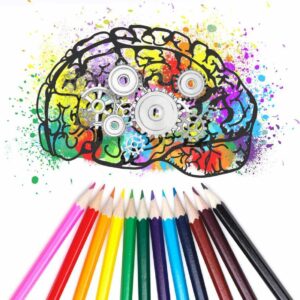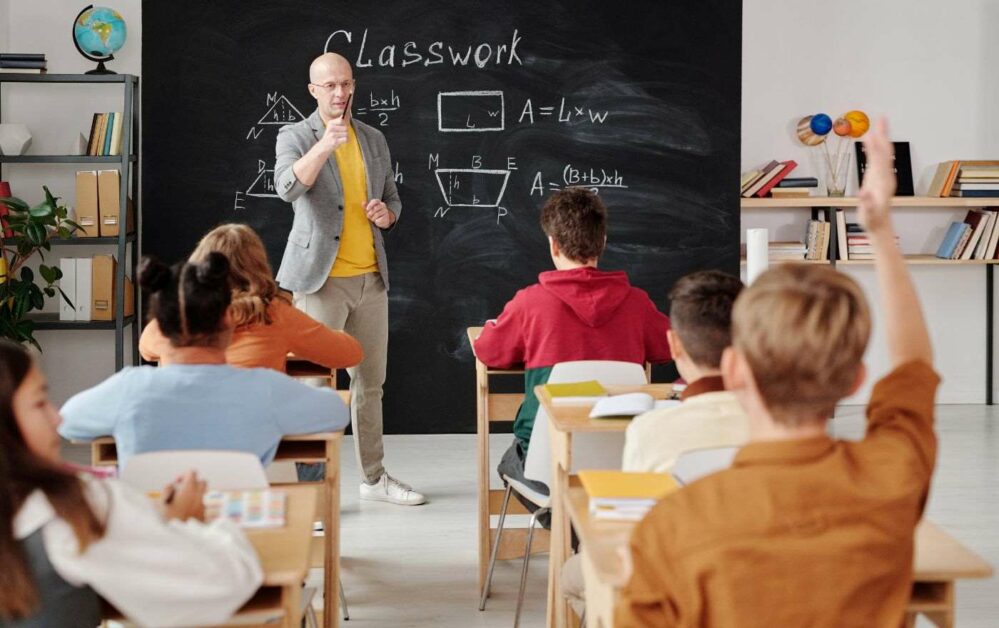
22 Nov Neuroeducation and Classroom Practice
NEUROEDUCATION AND CLASSROOM PRACTICE

Bridging the Gap Between Neuroeducation and Classroom Practice
In the ever-evolving landscape of education, a new interdisciplinary field is making waves: Neuroeducation. This burgeoning discipline sits at the confluence of neuroscience, psychology, and education, aiming to translate the complex workings of the human brain into practical strategies for the classroom. By understanding how the brain functions in the context of teaching and learning, educators can revolutionize the way we approach education, tailoring teaching methods, curriculum design, and educational strategies to better suit the learning needs of students.
The Brain: A Student’s Most Essential Learning Tool
The human brain is an intricate organ, constantly processing and interpreting information. It’s the seat of our cognitive abilities, responsible for everything from decoding symbols on a page to solving complex mathematical problems. Neuroeducation seeks to demystify the cognitive processes involved in learning, such as memory, attention, and problem-solving, to enhance educational outcomes.
The Foundations of Neuroeducation
Neuroeducation rests on the premise that effective teaching must consider the neurological and psychological mechanisms of learning. It integrates findings from various studies on brain development, cognitive psychology, and educational practices to create a holistic approach to teaching. For instance, understanding the role of neuroplasticity—the brain’s ability to reorganize itself by forming new neural connections throughout life—can have profound implications for how we teach skills and concepts at different developmental stages.
The Impact on Teaching Methods
Traditional teaching methods often follow a one-size-fits-all approach, which can overlook the diverse neurological profiles of learners. Neuroeducation advocates for personalized learning experiences that cater to the individual differences in students’ cognitive functioning. For example, some students may benefit from visual aids due to their brain’s predilection for image processing, while others might find success with auditory methods.

Curriculum Design with the Brain in Mind
Curriculum designers are beginning to take cues from neuroeducation to create programs that align with the way the brain learns best. This might involve structuring lessons to tap into emotional and social processing or spacing learning over time to take advantage of the brain’s natural tendencies for encoding memories.
Educational Strategies for the Future
Neuroeducation doesn’t just inform teaching methods and curriculum design; it also shapes overarching educational strategies. Schools that embrace neuroeducational principles might prioritize stress reduction, understanding that chronic stress can impair brain function and inhibit learning. They may also promote practices like mindfulness and physical activity, which have been shown to support cognitive health and learning readiness.
The Challenges Ahead
Despite its potential, neuroeducation faces challenges. Translating complex neuroscience into classroom practices is no small feat, and there’s a risk of oversimplification or misapplication of scientific findings. Moreover, the field requires educators to be up-to-date with the latest research, demanding ongoing professional development and interdisciplinary collaboration.
Conclusion
Neuroeducation represents a promising frontier in our quest to optimize learning. By harnessing insights from neuroscience, we can develop educational practices that not only convey knowledge but do so in a way that aligns with the intricate workings of the brain. As we continue to explore this exciting field, the ultimate goal remains clear: to enrich the educational experience and empower students to reach their full cognitive potential.
Craig Selinger
Latest posts by Craig Selinger (see all)
- Psychotherapy and Support Services at Cope With School NYC - April 12, 2024
- NYC Parents of Teens Support Group - April 8, 2024
- Here I Am, I Am Me: An Illustrated Guide to Mental Health - April 4, 2024


No Comments